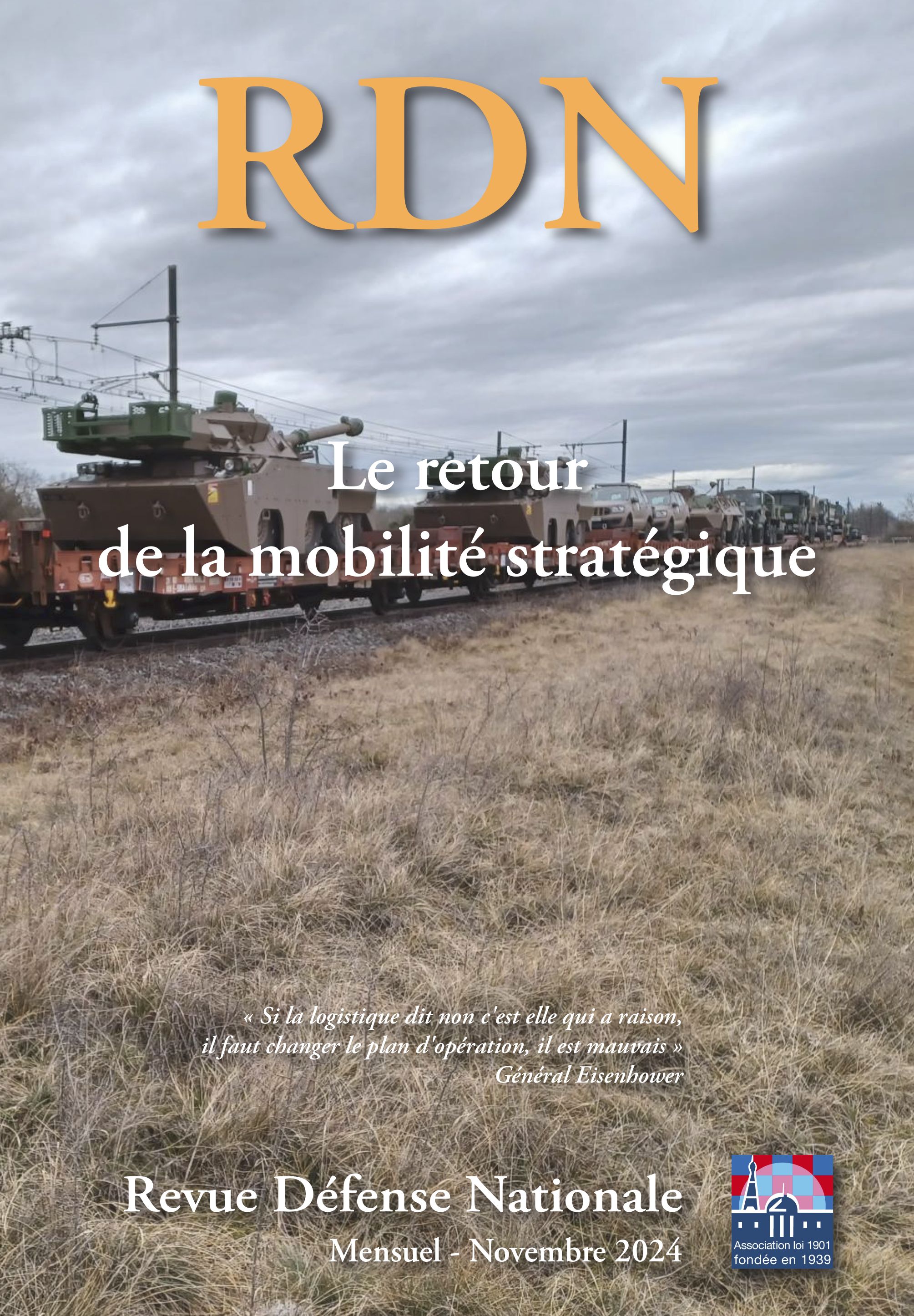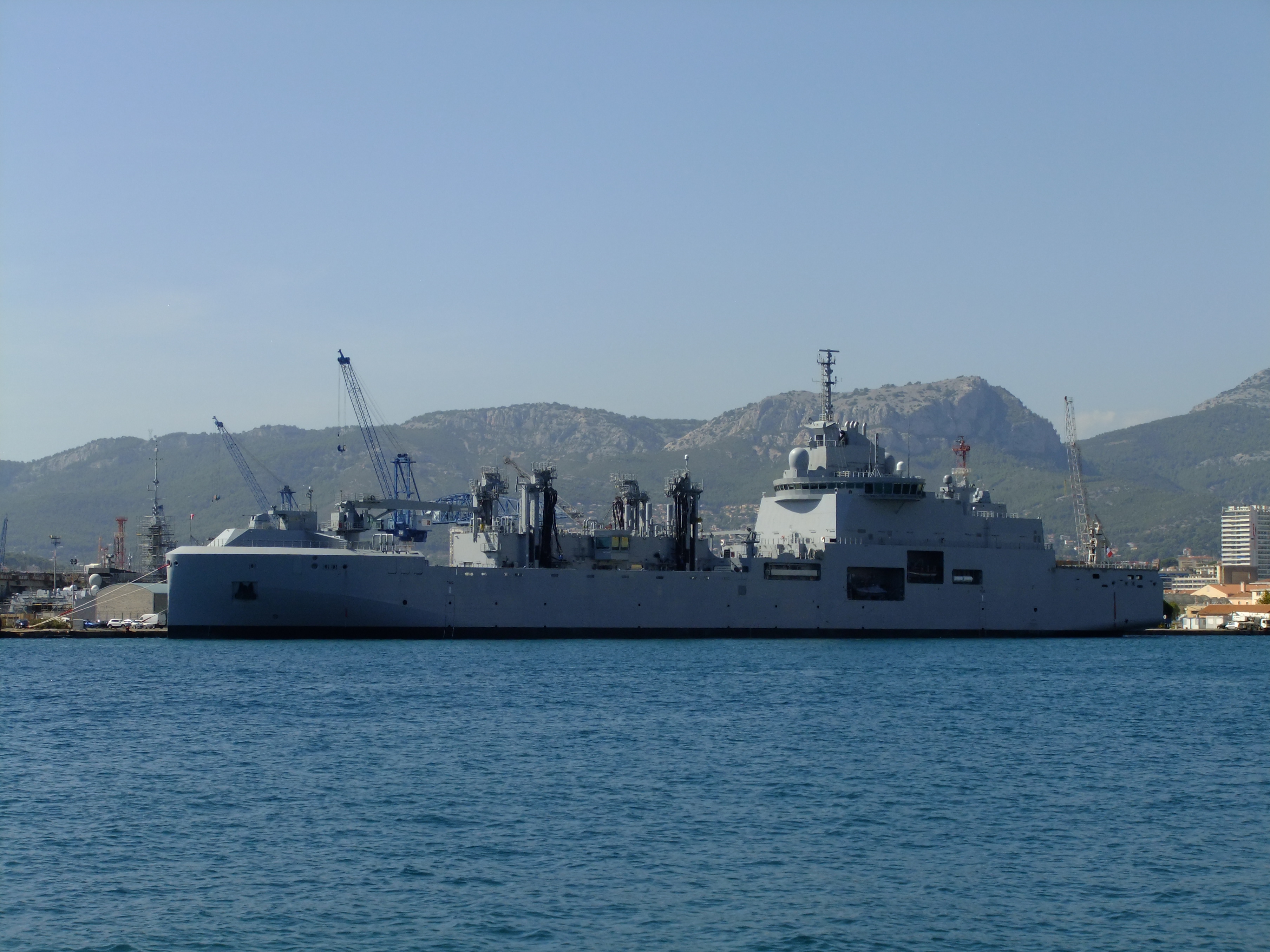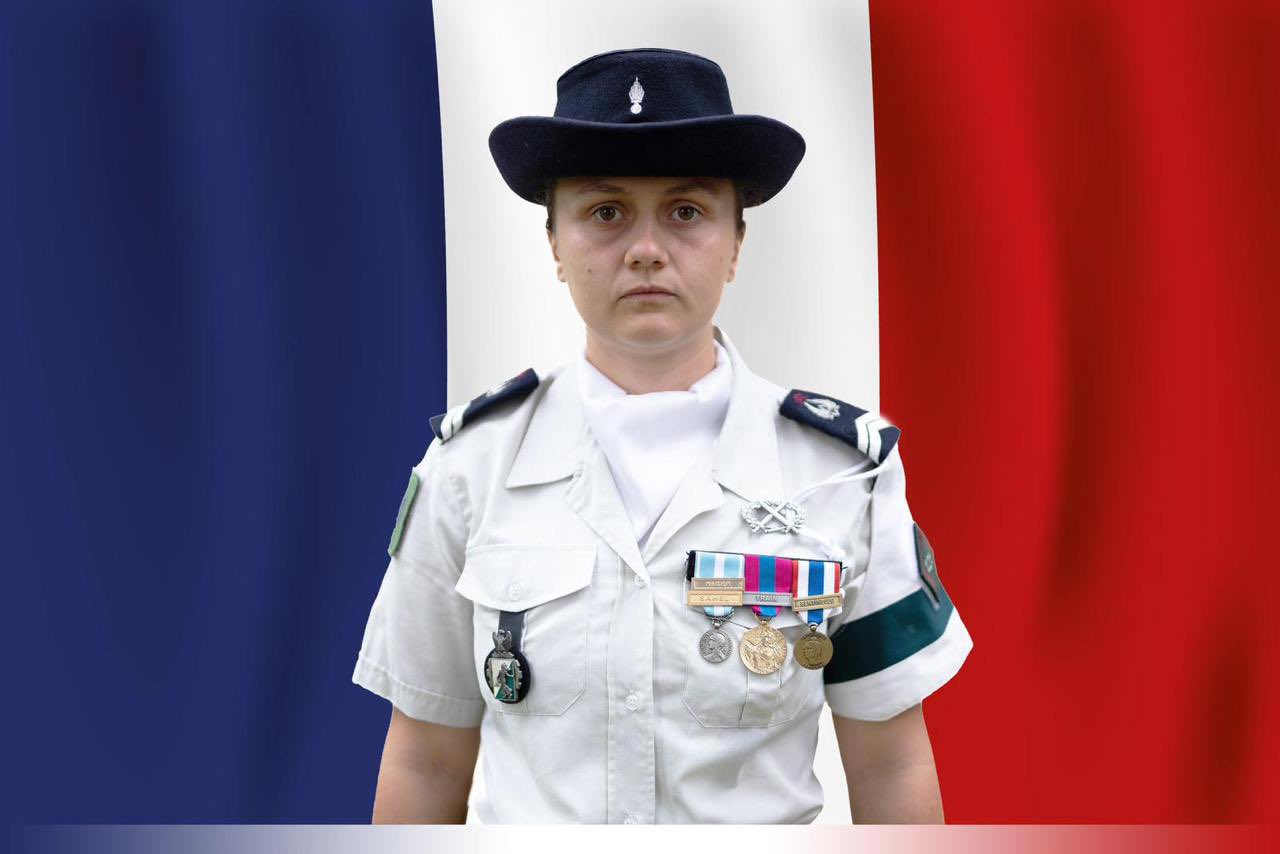Abstracts
Articles in the French edition of RDN this month
Raymond Aron, half a century after Paix et Guerre entre les Nations (Part I) - Jean-Jacques Roche
Revisiting the work of Raymond Aron fifty years after the publication of Paix et Guerre entre les Nations, the author ponders the construction of the world envisaged by this leading analyst of the realist, liberal school. This first part presents Aron the thinker of complexity in the intellectual environment of his time.
Higher education and the challenges of defence and national security - Pierre Jeandel
A new focus on the mutual benefits of interaction between the worlds of defence and academia should better prepare those who govern us for the exercise of responsibility, in a world where questions of security (in particular economic security) are omnipresent. University specialists in defence matters are gradually becoming the principal actors.
Must we despair of our leaders? - Daniel Hervouët
Social (and therefore national) cohesion is directly threatened by the weakening of the notion of authority. The military world has always been faced with the need to exercise authority with humanity in extreme conditions; it has ideas that can serve as a basis for collective work on the restoration of the authority which is needed in our society.
Demography as a factor of strategy - Gaylor Rabu
The dialectic relationship between geostrategy and demography has become a key factor in strategic thinking. In a detailed analysis, the author highlights the impact of population ageing on questions of stability and security.
The coming year in strategy - Mustapha Benchenane
In his global survey the author argues that in 2011 power relationships will be based on the residue of the heritage of the Cold War. This will have particular resonance for the posture of Russia, non-resolved conflicts and differences in the Mediterranean, and new ambitions for power, mainly in Asia.
What strategies for the new decade? - Thierry Giaccardi
Strategy today stems from a need for security, and is constrained by social acceptability. It leads us to examine matrix-like wars, and those who might well be responsible for them. The author suggests that this is France’s opportunity to make a new military investment in Europe.
Grand strategies: a moment of hesitation 2011-2012 - François Géré
In this wide-ranging historical survey the author analyses the different strategic options open to the current (but relative) powers of the status quo, and those which disturb the out-of-date (but still operating) power system of the last century. Alliances, partnerships, active defence, barrier-building and repulsing take on new dimensions, and hint at a new bipolar world order.
Souvenirs of tomorrow’s world - Jean-Philippe Immarigeon
The crisis is neither a surprise nor a catastrophe. It has been in the making for ten years; it marks the end of an Atlantic civilisation which has had its day and must be replaced. But how can we think ‘outside the box’?
Please don’t mix things up! - Pierre Morisot
An authoritative view on the limits of a civic service which could extend the secondary effects of (now-suspended) conscription.
Pierre Gallois the geopolitician (Part I) - Christian Malis
This is the first of two parts of an appreciation of General Gallois, the strategist and geopolitician who died last year, by a connoisseur of this military thinker’s legacy. It considers Gallois’s intellectual genealogy, and the wide scope of the debate is supported by references to current strategic thinking.
Internal security forces and critical infrastructure protection - Guillaume Oheix
Sectors of activity of vital importance are key links in the dynamics of any country. The task of putting them beyond the reach of hostile or unfriendly action is a collective one which must be thought through on a European basis. It must be implemented by the joint actions of the operators concerned and internal security forces.
Ministry of the Interior: return to the future - Antoine Guilmoto
While the degree of intervention by the Ministry of the Interior is always a function of political and economic circumstance, the core policing function (which defines its identity) is always present. The current period of reform suggests other developments that might lead to an even closer integration of its policing, administrative and technical cultures, so that it can serve the nation better.







